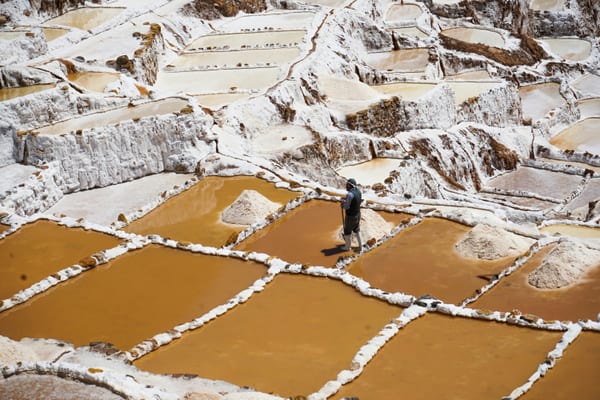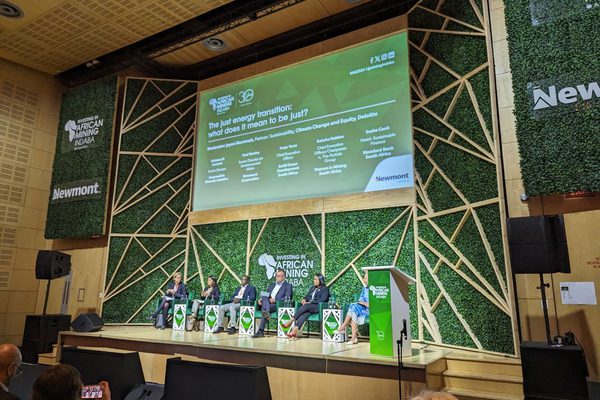Corporate Accountability in the Wake of the Trafigura Settlement
3 December 2009

The Institute for Human Rights and Business hosted a discussion on Nov 30, on corporate accountability in the wake of the settlement of the Trafigura case in Cote d’Ivoire. This is the first of regular Exchange Forums the Institute plans to host in London and elsewhere. The discussions, held under the Chatham House Rule, will allow an invited audience to engage with leading experts on key business and human rights issues in the news.
A brief summary of the discussion is below.
Isabel Hilton, editor of China Dialogue and board member of the Institute chaired the lively discussion which included contributions from Martyn Day, of the law firm Leigh and Day, Richard Hermer, of the law firm Doughty Street Chambers David Rice, senior associate at the Cambridge Program for Sustainable Leadership, and Seema Joshi, legal advisor at Global Witness.
Participants spoke in broad terms about corporate accountability, welcoming the changed environment in which firms, which act on behalf of human rights victims, don’t find themselves waging a lonely battle. The work of John Ruggie, Special Representative of the UN Secretary General on Business and Human Rights, and human rights NGOs have created a climate of solidarity. Ruggie’s work on due diligence came in for particular attention, as well as the role of corporate culture and ethics that permit – or prevent – specific types of conduct. Mandatory due diligence, many felt, can in some cases prevent grave abuses.
While considerable attention has been paid to the law of tort, acts of outright criminality deserve scrutiny. In this regard, it was noted that while the state has the primary obligation to protect rights – which includes prosecuting corporate misconduct – the state was often absent, making civil society groups and law firms take up the victims’ cause, as proxies of the state.
The reality is that while states bear the primary responsibility to protect rights, there are complex situations where one state alone can’t provide the remedy, and it was noted that SRSG’s work includes exploration of extraterritoriality. It was felt that home governments often possess powers to investigate and prosecute which are not explored sufficiently.
And yet, even when lawsuits are filed, civil society groups have found that evidentiary standards are a formidable hurdle, and the lack of prosecutorial will compounds the problem. Law firms have limited resources, and can take on only some cases, for which there is a fair chance of success. That does not create an encouraging environment for remedies.
Are there alternatives? Mediation has its virtues, even though it does not offer panacea. It is worth noting that restorative justice is not only about financial compensation. In some cases, genuine acts of contrition – such as a sincere handwritten apology – may suffice. Truth and Reconciliation Commissions were also mentioned in this regard, although it was noted that in the South African context, such a commission was possible only after a change in government.
While what an international arbitration panel might look like is not yet known, such a possibility was seen as a potentially useful future direction. In the interim, even though current legal processes are disparate, it is clear that these need to be used more effectively to seek justice for victims and to ensure accountability for abuses.
Photo credit: Flickr/jbdodane



